Metal Waste Recycling
Featured Metal Waste Recycling Listings
Browse Air Tightness Companies
Metal Waste Recycling Ireland
Ireland’s metal waste recycling industry has made significant strides in recent years, with current recycling rates reaching impressive levels. In 2020, the country recycled over 70% of its metal waste, contributing substantially to its circular economy goals. This remarkable achievement has had a profound economic impact, generating over €300 million in revenue and creating thousands of jobs across the country. The environmental benefits are equally striking, with metal recycling in Ireland leading to a reduction of 2.5 million tonnes in carbon emissions annually. By conserving natural resources and saving energy, the industry has become a cornerstone of Ireland’s sustainability efforts, significantly reducing the need for landfill space and preserving the country’s picturesque landscapes.
Despite these successes, the metal waste recycling sector in Ireland faces several challenges. Contamination of recyclable materials remains a persistent issue, often resulting in decreased efficiency and increased processing costs. Additionally, fluctuating global metal prices can impact the industry’s profitability, making long-term planning difficult. However, the Irish government has set ambitious targets to address these challenges and further boost the sector. By 2025, they aim to increase the overall recycling rate to 75% and reduce landfill waste by 50%. These goals are supported by initiatives to improve public awareness and invest in advanced sorting technologies. As Ireland continues to prioritize resource conservation and energy savings through metal recycling, the future looks promising for both the environment and the economy.
